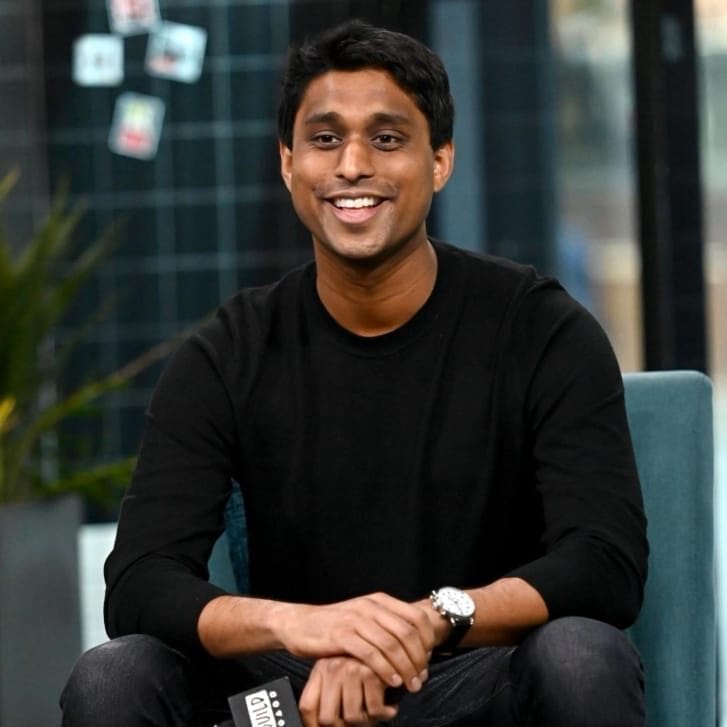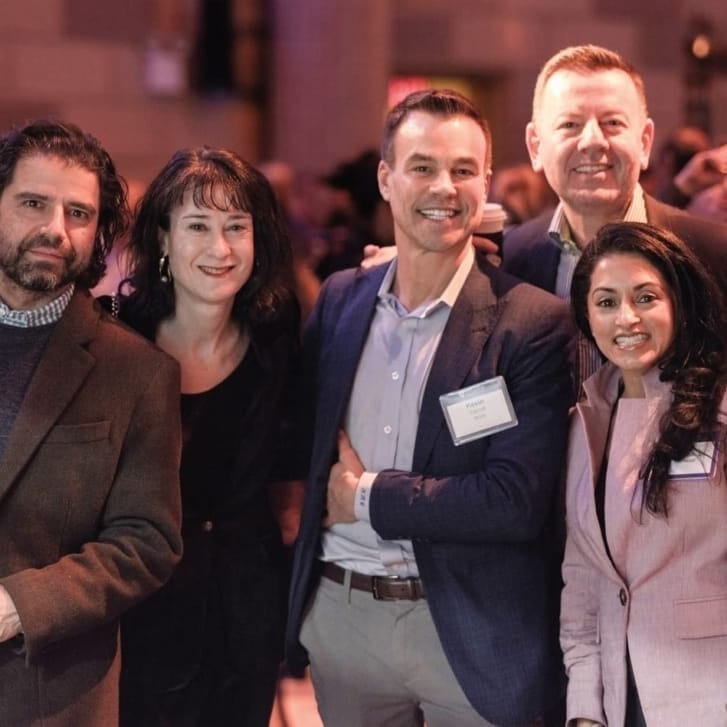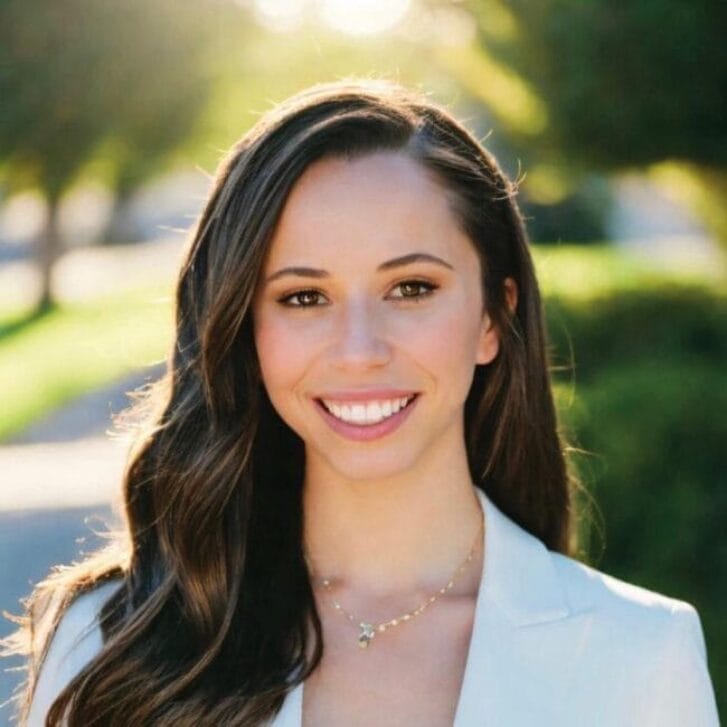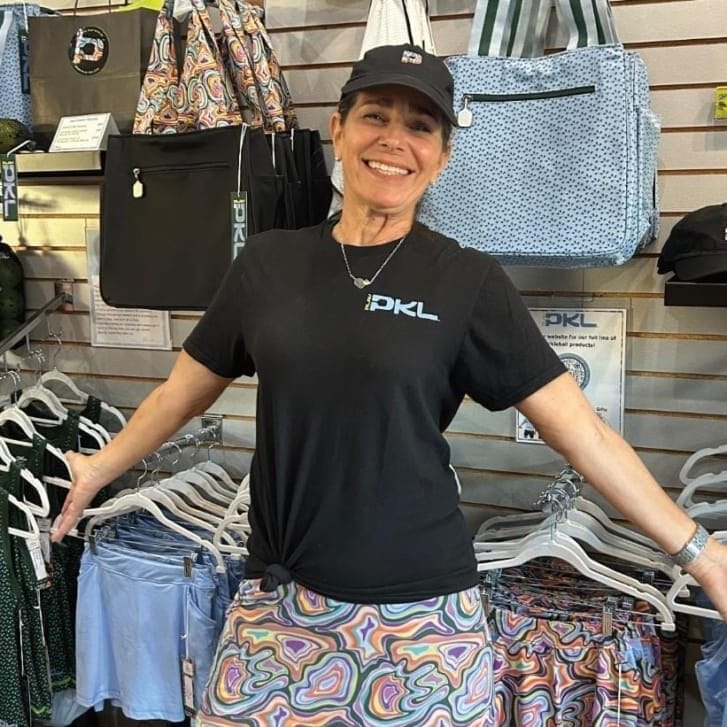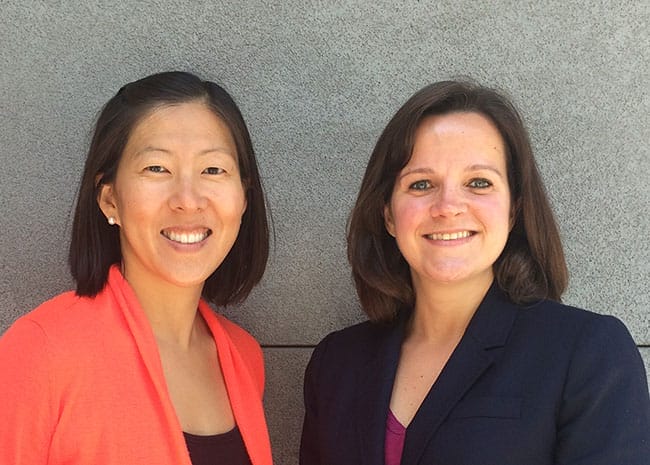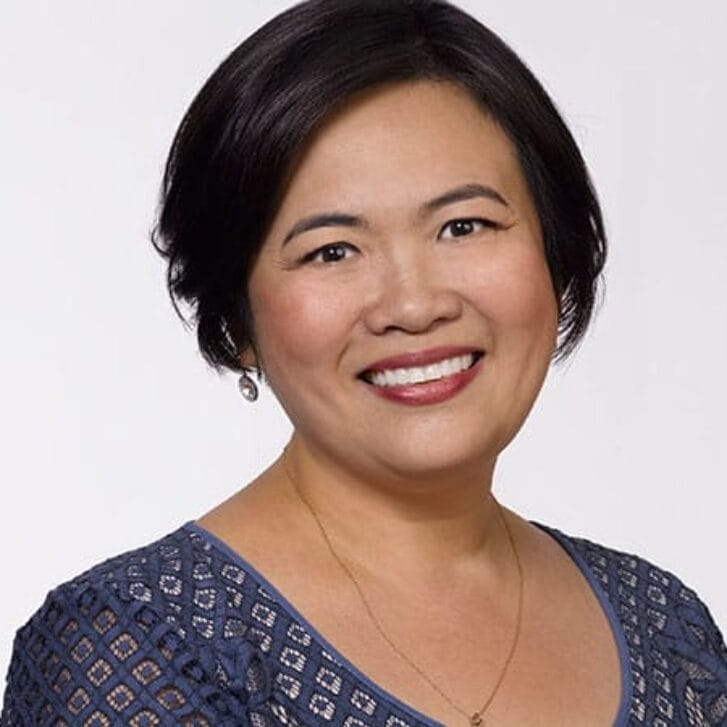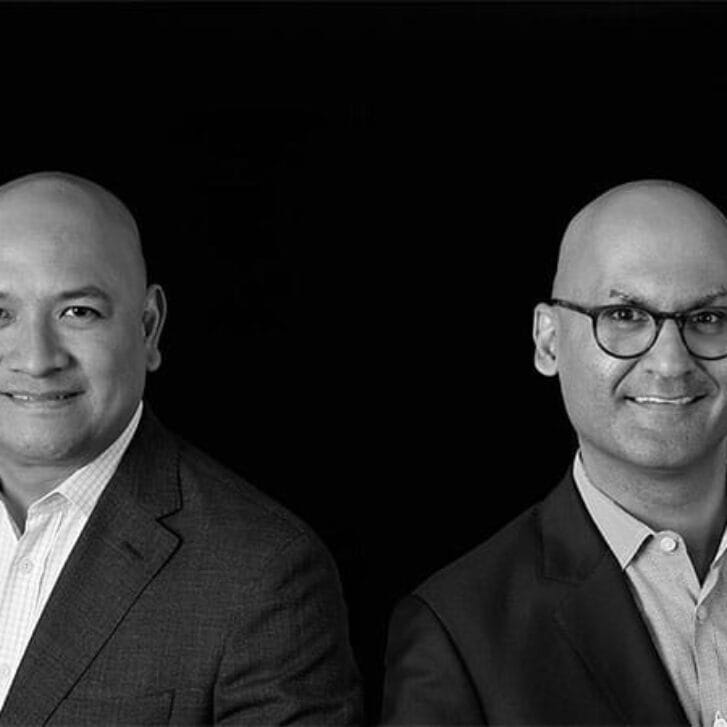Wharton is “over-indexed” in health care talent, Enmi Kendall WG05 explains. Out of the Wharton Health Care Management Department have come “generations and generations of alumni” who are entrenched in the industry. Not in just one area of health care. Across the disciplines. From payers and providers to drugs and devices. And now into the hopefully wildly successful field of digital health.
I say “hopefully” because the American health care system—if not many health systems the world over—will need to catch up with digital and mobile trends to stop being broken—and eventually bankrupting society with its inefficiencies. Virtually every other industry vertical has been able to take advantage of digital innovations to bend the cost curve, disrupt inefficient and old business models, and invent whole new solutions to recalcitrant problems.
Health care innovators are trying, and Kendall and her partner Anya Schiess WG05 are right there in the thick of it. In large part thanks to the connections made possible through the Health Care Management program.
That’s where Kendall and Schiess first met. They were both in the Wharton MBA Program in Cohort B, the health care cohort. Schiess majored in Health Care Management. Kendall did not (though believes now that someone at Wharton knew then she would eventually get into health care … hence, the Cohort B placement). They’ve stayed in touch since. More recently, in the last three or four years, they’ve talked every couple of months. Largely, it was about different deals. Kendall had gone from her own startup to angel investing, some in the digital health space, and would run potential investments by Schiess for a quick read. Schiess would ping Kendall about opportunities she had spotted through her work, first, at Medtronic then at venture capital firm Thomas, McNerney & Partners.
The more that they informally worked together, the closer they got to officially working together. As Schiess remembers it, at one point Kendall asked her a “loaded question.” If Kendall wanted to continue investing in the digital health space, isn’t there a digital health fund out there to increase her exposure rather than the hunt-and-peck method she currently had? Schiess responded that there was no way there wasn’t a pure-play fund. Kendall said: Go find it. Schiess thought it would be a 45-second Google activity, but as it turned out, she could only find focused accelerators and incubators, not funds.
“I went back to her with my tail between my legs a little bit,” Schiess says now.
Kendall of course already knew no such fund existed. She wanted to create one—with Schiess’ help.
Or as Kendall recalls saying: “I know Anya, and that’s why you need to leave your job.”
Easier said than done for Schiess? She was leading strategy and development for Cardinal Health at the time. She was already thinking about digital health, and how she could steer a $100 billion, Fortune 20 company to act in the space. It was like trying to steer an aircraft carrier, Schiess recalls.
Since February 2015, the two have been together as Healthy Ventures, a San Francisco-based, seed-stage venture capital fund. They have looked at about 150 deals since then, in the hunt for highly scalable solutions, software tools and apps—nothing in biotech or pure-play therapeutics. The fund has invested in four companies and committed to a fifth. In their portfolio are Wharton-related companies. Wellthie, founded by Sally Poblete WG00, is working on a cloud-based solution for health care insurance marketing. HealthCrowd, whose CTO is Clive Wu WG11, helps health plans optimize digital customer communications.
The motivation for Kendall and Schiess—what’s brought them together beyond their Wharton connection—is that they both feel strongly that big gains in society can be made possible if and when the community is healthy and happy. For Kendall, the next motivation is business sense—she’s been in the tech space, worked on strategy for NYTimes.com, and digital health is an extension of that background. And even more personally, she had a health issue that highlighted how broken the U.S. system is. During her most recent pregnancy, she got into a car accident. It brought on pre-term labor—baby was fine thankfully—but mom suffered long-term nerve pain. She saw 40 providers in a year, and saw how slow, disconnected and analog each of those providers was in helping her, or not helping her. Frustration set in, as well as business savvy.
“There are lots of green fields,” she says of health care.
Expect to see many Wharton Health Care Management grads and other alumni in those fields.








